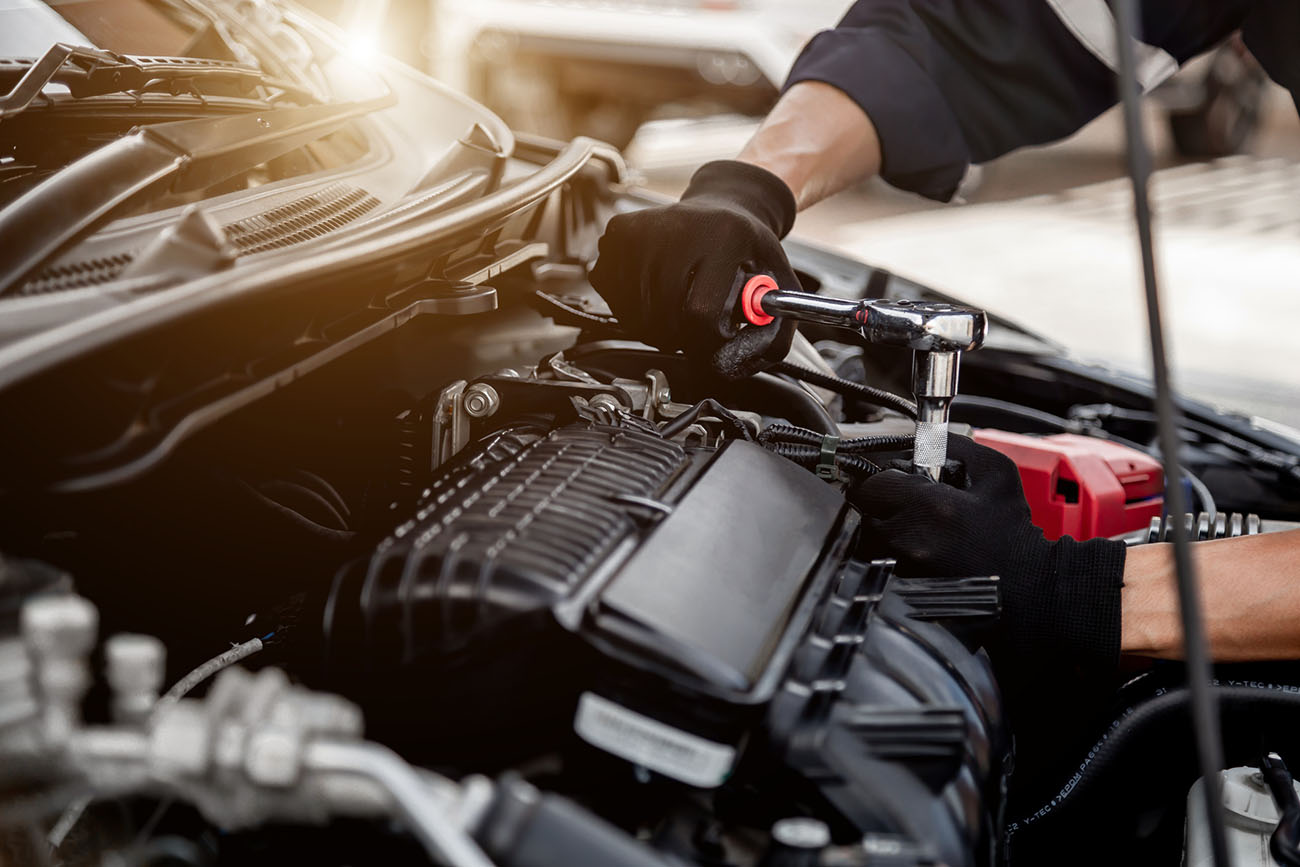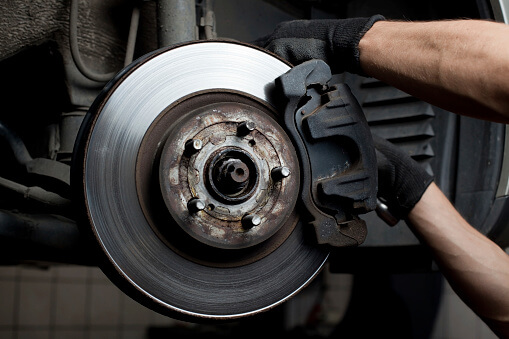Posted on 6/16/2023

Fluid leaks are often one of the first signs of car trouble. Left unaddressed for too long, fluid leaks can lead to serious problems ranging from braking and steering issues to total engine failure—which is why leaks should always be repaired as soon as possible. Knowing how to identify a fluid leak and the type of fluid that’s leaking is a useful skill for any driver. To help you do this, we’ve compiled a list of some of the most common and important fluids you might encounter and how to tell which is which. How to Identify Automotive Fluids The easiest way to identify which type of fluid is leaking from your vehicle is to look at the color and consistency of the fluid. Red Fluid There are two types of red fluids that are commonly used in vehicles: automatic transmission fluid and power steering fluid. However, some vehicles use automatic transmission fluid instead of power steering fluid for their power steering systems. Fresh power steering fluid starts off re ... read more
Posted on 6/5/2023

When it comes to unusual sounds vehicle sounds, few are as alarming as brake noises. As one of the most important safety features of your vehicle, your brakes are one of the last things you want to be worried about while you're driving down the road! But the good news is that not all brake noises are signs of trouble. In fact, some of them are completely normal. To help you distinguish between the harmless and the hazardous, we've compiled some of the most common brake noises you might hear and what they mean. By the end of this post, you'll be able to tell the difference between a harmless squeak and a warning sign that your brakes need attention. Grinding Noises When Starting Your Vehicle in the Morning Grinding noises are often a bad thing—but before you panic and start budgeting for a brake replacement, there's a chance that this sound is completely normal, especially if you park your car outside. When your car is p ... read more